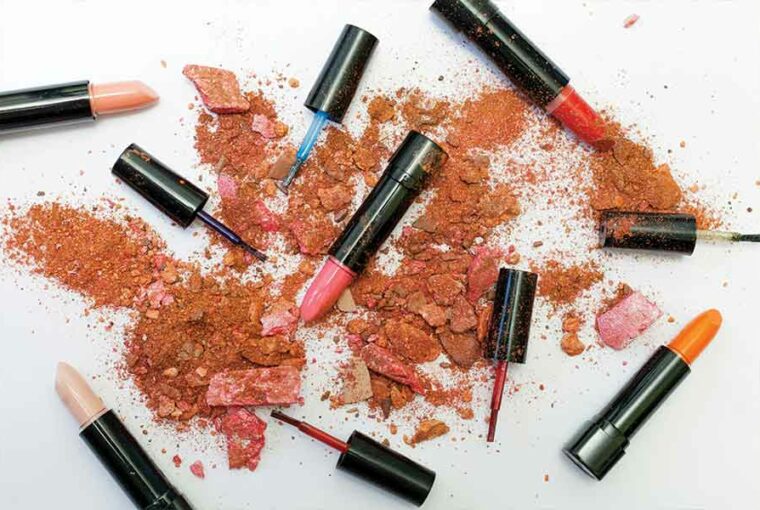The cosmetics industry has been accused of using microplastics in cosmetics and inspite of the UK banning exfoliating plastic microbeads in cosmetics, they have been used from other sources such as film-forming agents, thickeners, and stabilisers. These microplastic fragments can stay in the air for over hundred years and have toxic chemicals that the skin absorbs.
Teysha Technologies, a UK-based firm has found a unique material called Aggiepol that can eliminate 8,700 tonnes of microplastics from cosmetics products in Europe. This can be used in fillers, shampoos, face foundations, eyelash glue, and photo protection products. It has tested Aggiepol compounds and formulas and has got a Certificate of Biodegradability after its OECD 3D testing.
Also Read: Tom Ford Names Angelina Jolie As Its New Brand Ambassador
According to Dr. Ashlee Jahnke, Head of R&D at Teysha Technologies, Aggiepol is made with natural derived starting materials like glucose used from starch that can be got from food, waste products like corn and rice and even foodstocks like algae. Before polyerisation, glucose is functionalised with other natural products and combined with comonomers that can also be naturally sourced. The main idea is to relplace microplastics with biodegradable options that can be broken down into benign environmental friendly products. The breakdown time varies based on the chemical composition of the material and can range between less than a month to decades. But all the materials have been designed to biodegrade eventually.
Also Read: Kay Beauty Launches New Lipstick Range
Speaking about the scalability of the material, Ashlee said that brands will have to take into account the added cost of these novel technologies that need new production equipment. However, Aggiepol is scalable in nature and can be integrated with the existing infrastructures and given at a competitive pricing as it is made from low-cost materials.







